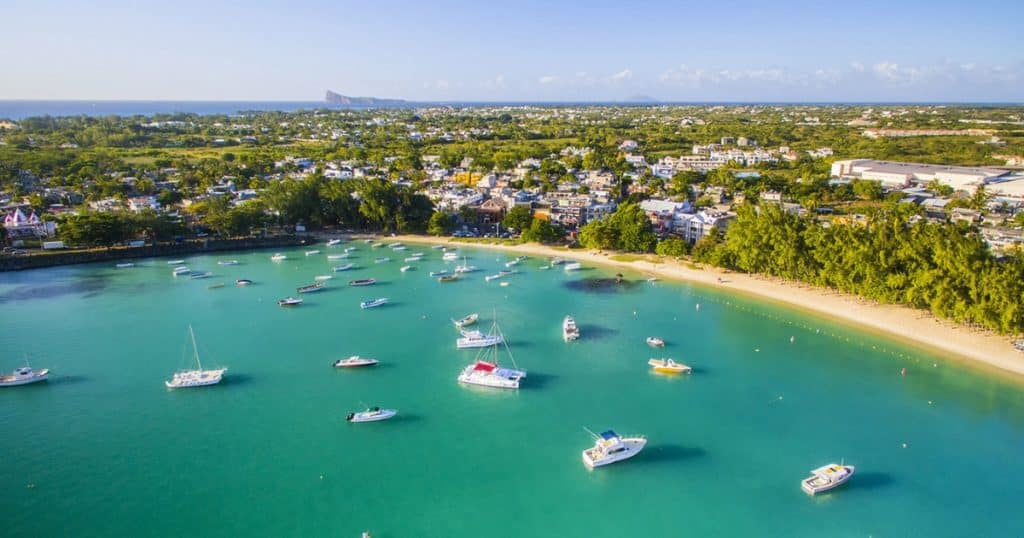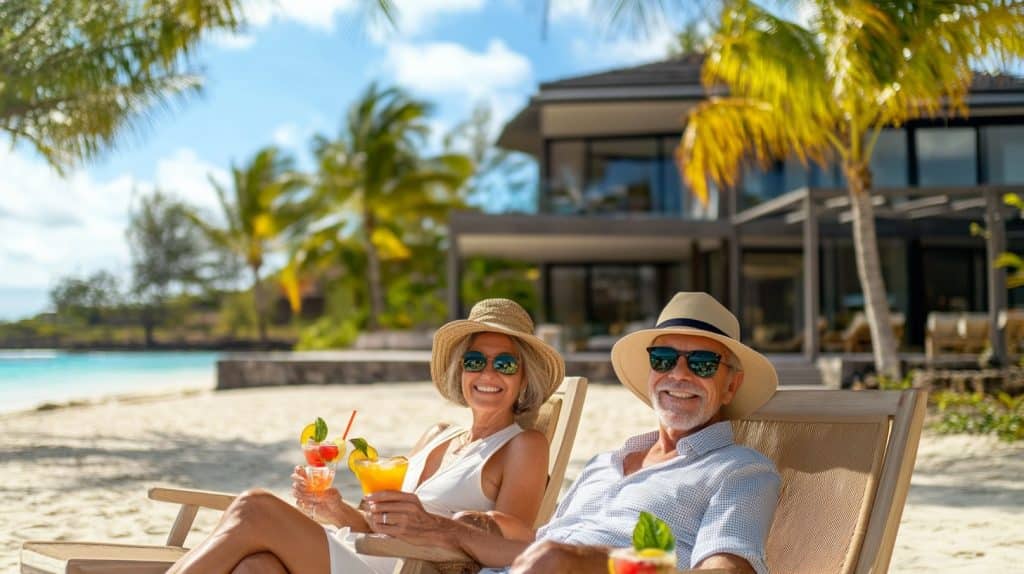Political Situation of Mauritius. A sovereign and democratic state governed by the rule of law, Mauritius is today an exceptional country in the Indian Ocean region in terms of political stability and economic growth.
Political Situation of Mauritius – Stable Policy and Institutions
Mauritius is governed by a democratic parliamentary system. It is also renowned for its political stability guaranteed by the principle of separation of powers, strong and inclusive institutions. The Mauritian executive power is exercised by the government represented by the Prime Minister, while the National Assembly holds the power to legislate. Democracy in Mauritius is expressed by the majority vote by universal suffrage. The President of the Republic is therefore elected during presidential elections and the voice of referendum exists. Stability is always ensured despite several interim periods between the end of a previous mandate and the beginning of a new mandate. The current occupant of the post is Prithvirajsing Roopun.
It includes the main registered Mauritian political parties such as the Unity and Modernity Alliance (Mauritius Labour Party-MMM), the socialist party called the People’s Alliance (MSM-PMSD-ML), the very conservative Rodriguan Patriotic Front (RPF), the Mauritian Militant Movement, etc. They ensure good representation of the Mauritian population and participate in the country’s development strategies.
But political stability is mainly due to the structure of its Constitution, which is a parliamentary democracy. That is to say, in the management and governance of the country, the National Assembly of Parliamentarians, which represents the people (the deputies), has an important place. It drafts and implements laws. It reflects on and contributes to the development of a stability program. Made up of 70 deputies elected by the people, it is headed by the President of the National Assembly. More importantly, the National Assembly can amend the Mauritian Constitution, which dates from May 12, 1968. It was drawn up by an oligarchy, that is to say, by an elite composed of a small number of people in charge.
Stable Economic Growth
In half a century, Mauritius has become one of the few countries that has continued to prosper after gaining independence. The paradise island with its white sandy beaches, attracting tourists in droves, is cited as a model of success, notably because it has been able to maintain political stability over a very long period, resulting in stable economic growth for the past 40 years.
While other former colonies fall into the trap of political processes and desperately seek a way out, sometimes by using force, Mauritius has managed to pull through thanks to a policy of Ethics and Good Governance. Mauritius has adapted over time, starting with the sugar cane industry and then with textiles. With a skilled workforce, the island is now a leader in the service sector.
The Mauritian political system, discussed above, contributes to economic growth. Governments have succeeded one another without incident or coup d’état. Furthermore, the separation of powers ensures respect for civil liberties. As a former British colony that inherited part of its political heritage, Mauritius is still part of the Commonwealth, allowing it to gain considerable support for its openness to the outside world.
A Country Conducive to Foreign Investment
Mauritius is a liberal country that is attractive for investment. Due to its more flexible and attractive regulations and lack of exchange controls, it attracts various economic players such as banks, businesses, and even wealthy individuals. They come to settle in the main Mauritian cities such as Flic en Flac, Port Louis, Grand Baie, Morne Brabant, Tamarin, Rodrigues, Black River, etc. Many of them are investing in Mauritian real estate since it is now possible for them to benefit from purchasing a property in full ownership.
Today, Mauritian parliamentarians have drafted laws that open the island’s doors to foreign investors and promise tax benefits. The abolition of double taxation and inheritance tax have been legislated by the National Assembly of Mauritian parliamentarians.
With this favourable tax regime, Mauritius is launching a seduction campaign. The Mauritian government has also adopted measures to simplify administrative procedures for foreign companies, which are setting up shop in their hundreds, reassured in particular by the country’s political stability. The process is simplified for foreign nationals wishing to obtain a permanent permit and permanent resident status.

Born in Mauritius, I have a Bachelor of Arts in Mass Communication. I have nearly 12 years’ experience in marketing, public relations and communications. Passionate about meeting people, creativity and business growth, I am results-oriented. My goal is to guide communication to touch the hearts and minds of customers. My motto is: “Treat others as I would like to be treated.”






